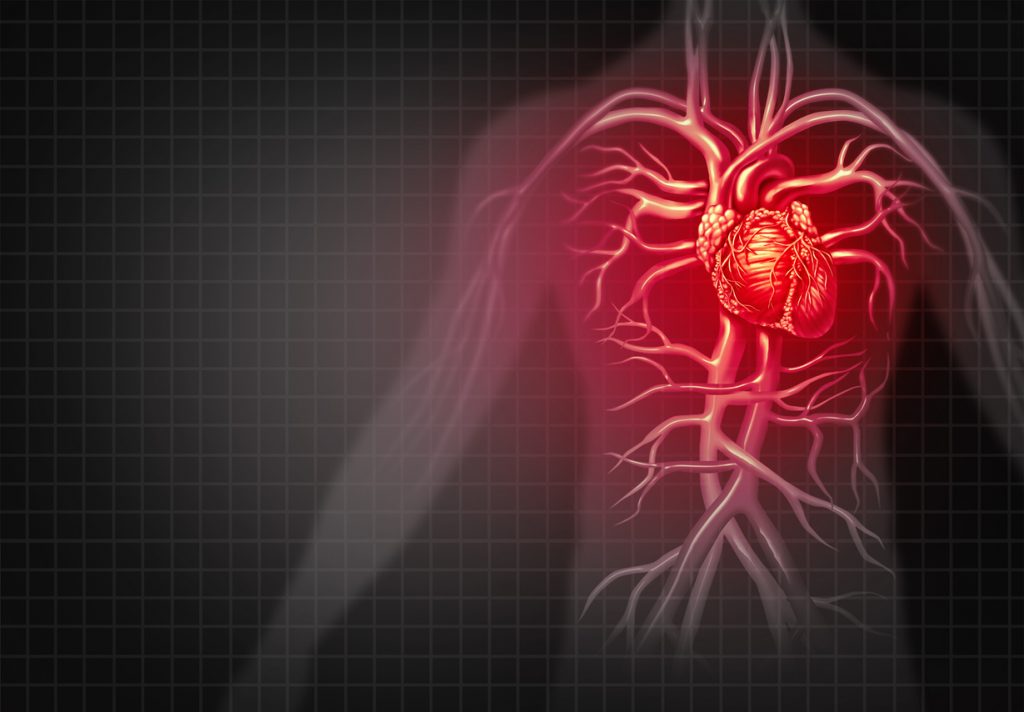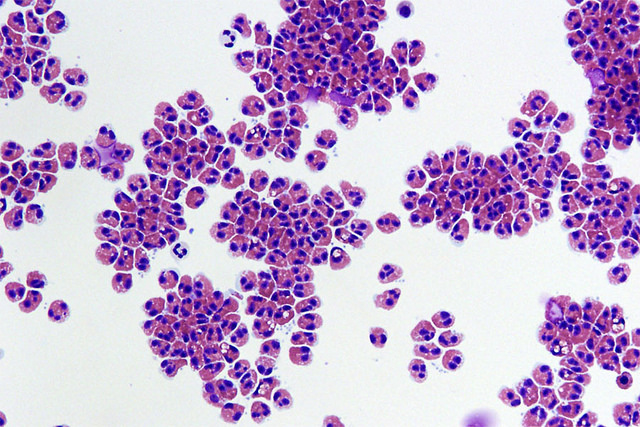In this study, the safety and efficacy of a new vagus nerve stimulating system will be evaluated. This study will compare whether the new device improves Heart Failure parameters in Class II – III Heart Failure patients.
Pharmacologic antagonism of the beta-adrenergic receptors shifting the autonomic balance in the direction of greater vagal influence is a well-proven treatment for heart failure patients, although there are patients who cannot tolerate, or only partially benefit from such a treatment.
It has been proven in the past and well established that parasympathetic nerve stimulation can slow the rate of the heart and reduce the workload of the heart. Therefore, the potential benefit of vagus nerve stimulation, hence parasympathetic activation, for treatment of heart failure is substantial.
Official Title
‘CardioFiT’ for Heart Failure – Safety and Efficacy Study Protocol
Conditions
Heart Failure
Study Type
Interventional
Study Design
Treatment, Non-Randomized, Open Label, Uncontrolled, Single Group Assignment, Safety/Efficacy Study
Further Details
- Primary Outcome Measures: The occurrence of all system and/or procedure related adverse events.
- Secondary Outcome Measures: Change in NYHA class; Quality of Life; Exercise capacity (by 6-min walk); LV Ejection fraction; LV end-systolic and end-diastolic volumes; Blood tests.
Study Start
February 2007
Eligibility & Criteria
- Ages Eligible for Study: 18 Years – 75 Years
- Genders Eligible for Study: Both
Inclusion Criteria:
- The patient is in chronic heart failure, NYHA II-III. The patient may have been previously in class IV but must be in class II or III for three or more months prior to study entry
- Age between 18 and 75 years
- The patient is a male or postmenopausal female. Females of childbearing age may be included if pregnancy is excluded and acceptable contraception measures are used
- Patient must sign an approved informed consent form. Patient agrees to attend all follow-up evaluations
- Patient should be in sinus rhythm. Average 24-hour heart rate is between 60 and 110 b/min in a recorded 24-h Holter measurement
- Patient should be in optimal medical treatment with no change in treatment in the previous 3 months with the exception of diuretics
- Left ventricular ejection fraction estimated by echocardiography, cardiac angiography, radionuclide study, or other accepted mode of evaluation, is no more than 35%; Patient is physically capable and willing to perform repeated physically demanding tests associated with the study.
Exclusion Criteria:
- Presence of an immediately life threatening condition or disease other than heart failure, such as cancer, terminal renal failure etc.
- Acute myocardial Infarction (MI), variant angina pectoris, unstable angina or acute coronary syndrome in the previous three months
- Previous stroke
- Coronary Artery Bypass Surgery (CABG) or Percutaneous Coronary Intervention in the past 3 months
- Episode of NYHA class IV heart failure, including acute pulmonary oedema in the previous three months
- Heart failure due to acute myocarditis. Restrictive or constrictive pericarditis, haemodynamically significant aortic valve insufficiency aortic stenosis, or mitral valve stenosis
- Severe renal or hepatic failure (Creatinine level>3 mg% (265 micromole/liter) or transaminase level four times ULN)
- Diabetes Mellitus treated with insulin for more than two years prior to study entry
- Diabetic neuropathy
- Previous neck surgery, including for Peripheral Vascular Disease (PVD), malignancy, and previous irradiation therapy of the neck
- Current hypotension (systolic blood pressure below 80 mmHg)
- Active peptic disease or history of upper GI bleeding
- Asthma, severe COPD (e.g. FEV1<1.5 liter), or severe restrictive lung disease
- 1st degree AV block with PR interval > 240msec, 2nd or 3rd degree AV block
- Atrial fibrillation or flutter in the in the previous 3 months
- Sustained ventricular tachyarrhythmia with hemodynamic compromise, in the absence of implanted ICD
- Long QT syndrome, congenital or acquired
- Recorded or suspected symptomatic vaso-vagal response
- Treatment by investigational drug or device within the past 3 months
- Glaucoma, or history of glaucoma
- Major psychiatric disorder in the present or in the past; Dementia
- Patients transplanted with tissues or organs
- Immunosuppressed patients; patients under systemic steroid treatment
- Anemia with Hb<10gr/L, unless treated with Epo
- Patients who are at risk for carotid arteries plaques and have unstable carotid plaques, as assessed by Echo Doppler; and/or patients with >70% carotid artery stenosis
- Patient is candidate for cardiac resynchronization device implantation.
Total Enrolment
30
Contact Details
Avraham Biran, PhD ++972-3-6322126 Ext. 226 Rami@BioControl.Co.Il
- Royal Melbourne Hospital, Melbourne, Victoria, Australia; Recruiting
- Alfred Hospital, Melbourne, Victoria, 3004, Australia; Not yet recruiting
All content and media on the HealthEngine Blog is created and published online for informational purposes only. It is not intended to be a substitute for professional medical advice and should not be relied on as health or personal advice. Always seek the guidance of your doctor or other qualified health professional with any questions you may have regarding your health or a medical condition. Never disregard the advice of a medical professional, or delay in seeking it because of something you have read on this Website. If you think you may have a medical emergency, call your doctor, go to the nearest hospital emergency department, or call the emergency services immediately.







